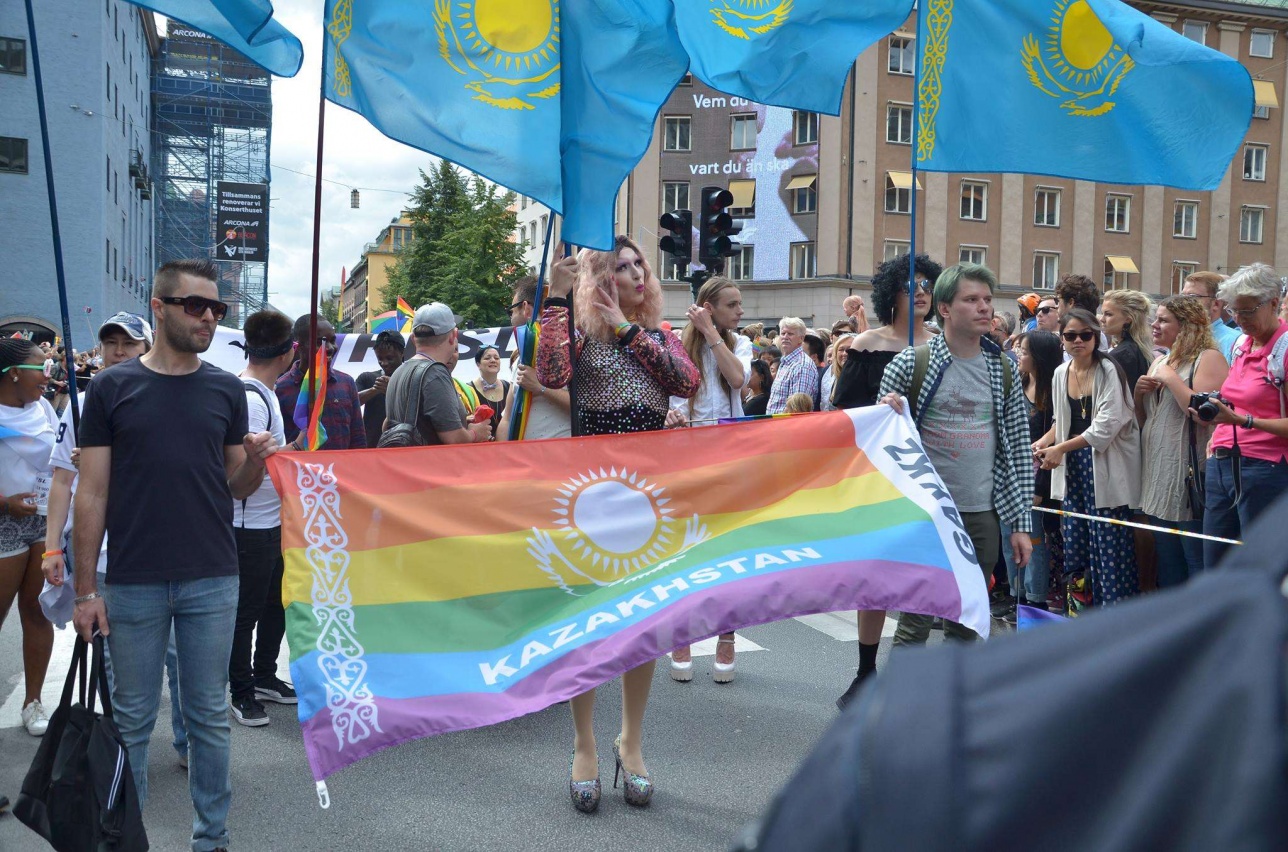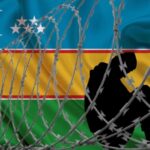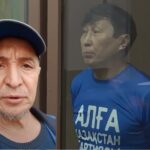On 9 August 2013, at approximately 10 am, four police officers, one doctor, two nurses and two medical staffers broke the door of the apartment of human rights lawyer Ms Zinaida Mukhortova and forced her into an ambulance, which brought her to the
Zinaida Mukhortova is a lawyer with more than 10 years’ legal practice. She has also provided the local population with free legal consultations and has denounced cases of corruption and interference of political interests in the judiciary.
On 9 August 2013, Zinaida Mukhortova’s legal representative, Mr Amangeldy Shormanbaev, called the deputy head of the psychiatric hospital and inquired about the reasons of her confinement. He was told that it was because she had previously refused hospitalisation. When Amangeldy Shornmanbaev notified the doctor that such refusal cannot be a legal reason for forced psychiatric treatment of a person, the phone was hung up.
In September 2009, Zinaida Mukhortova with three other lawyers sent a complaint to the president of
On 12 February 2010, she was arrested in the courtroom of the Balkash city court, and detained in the city temporary detention facilities, followed by the pre-trial detention facilities in Zhezkazgan,
On 5 August 2010, the Balkhash city court recognised her as guilty but not legally responsible due to her supposed mental illness, but she continued to be detained in temporarily detention facilities rather than a hospital. On 12 January 2011, she was sent to the regional psychiatric hospital in Aktas village, where she was forcibly administered unknown medication. She was released on 22 September 2011, after promising that she would not appeal their psychiatric report. During the three examinations that were carried out while she was in detention, the doctors informally confirmed her sanity but kept the official diagnosis unchanged due to external pressure and out of fear that she would appeal the psychiatric report.
On 9 January 2012, the Supreme Court ruled the case she was defending to be re-considered, a new examination was ordered in the same Almaty psychiatric centre and the diagnosis was confirmed. On 26 July 2012, the Balkhash city court ruled that the case was closed due to the absence of corpus delicti (‘body of crime’).
In September 2012, Zinaida Mukhortova’s sanity was certified by an independent medical expert invited by local human rights defenders defending her case. The court, however, rejected this report to be part of her file. She filed an appeal with the Supreme Court, which is due to be reviewed in August 2013. Recently, a nurse has been coming to the human rights defender’s house every month, requesting her to appear in the psychiatric clinic for a check-up. She has also received official notifications with the same request. Zinaida Mukhortova has not responded to the requests, nor did she open the door or go to the psychiatric facility, out of fear that she would be forced to undergo new treatment.
Front Line Defenders considers that the forced psychiatric treatment of Zinaida Mukhortova may be in retaliation for her human rights activism, and fears for her physical and psychological integrity.
SOURCE:
www.frontlinedefenders.org/node/23486
















